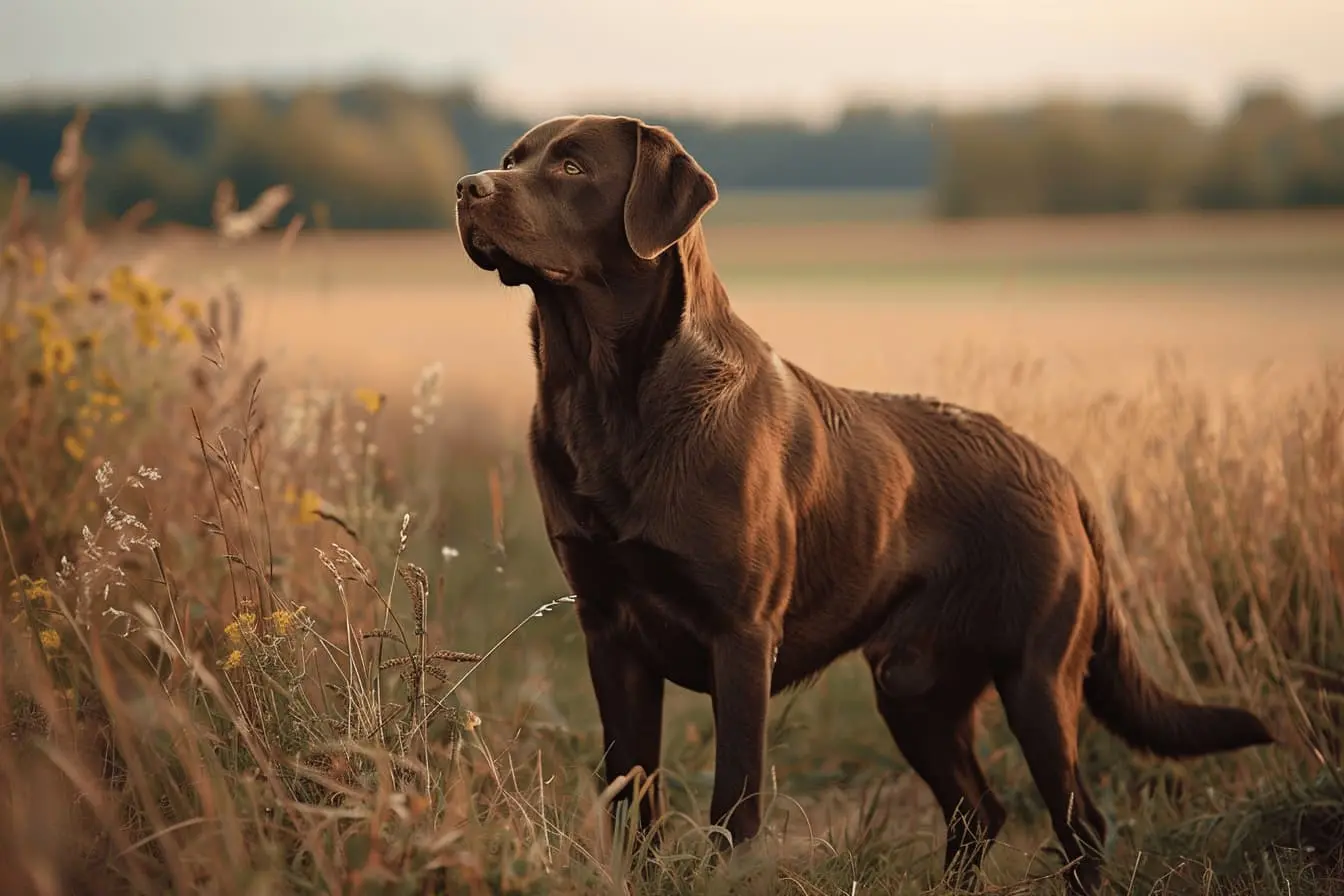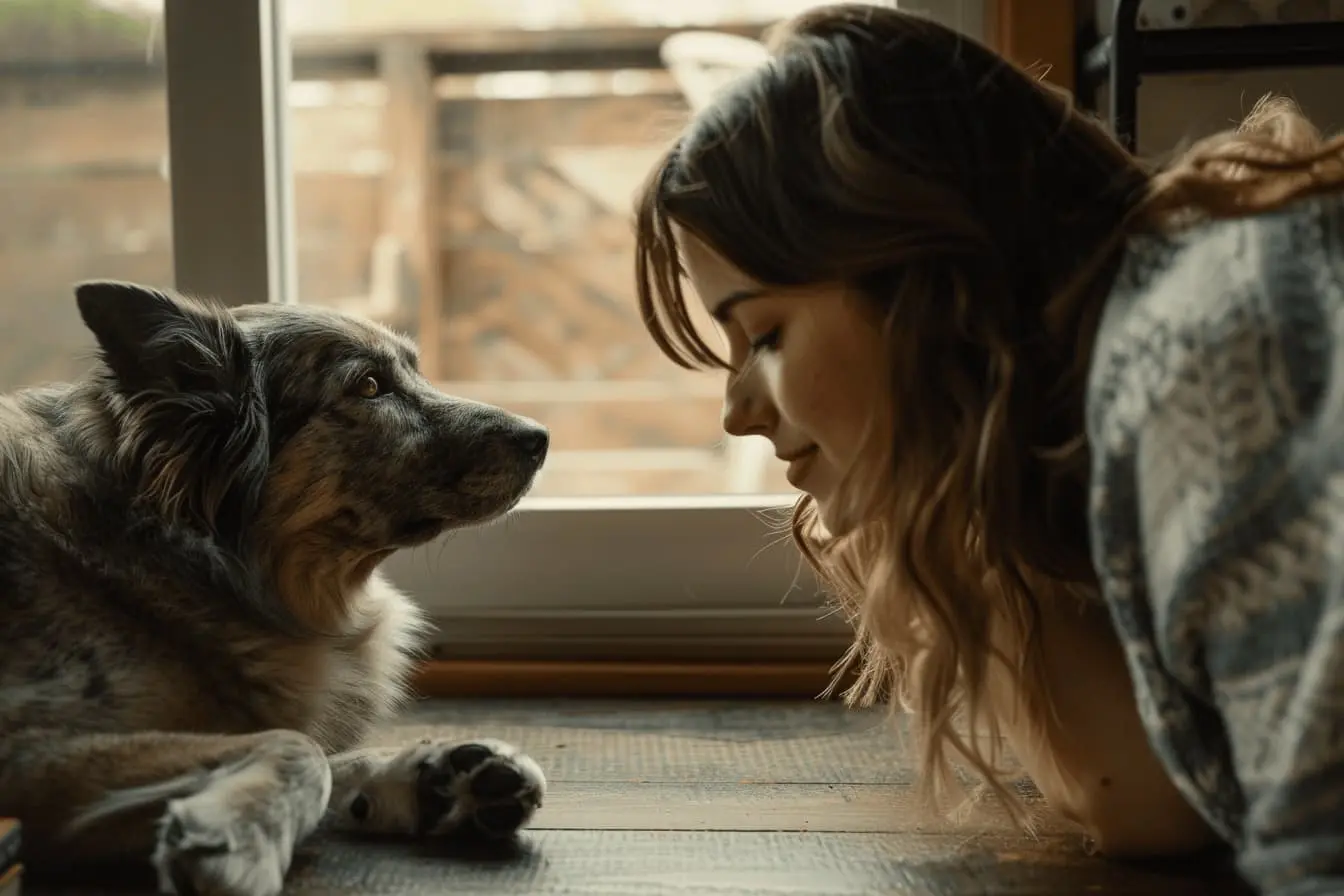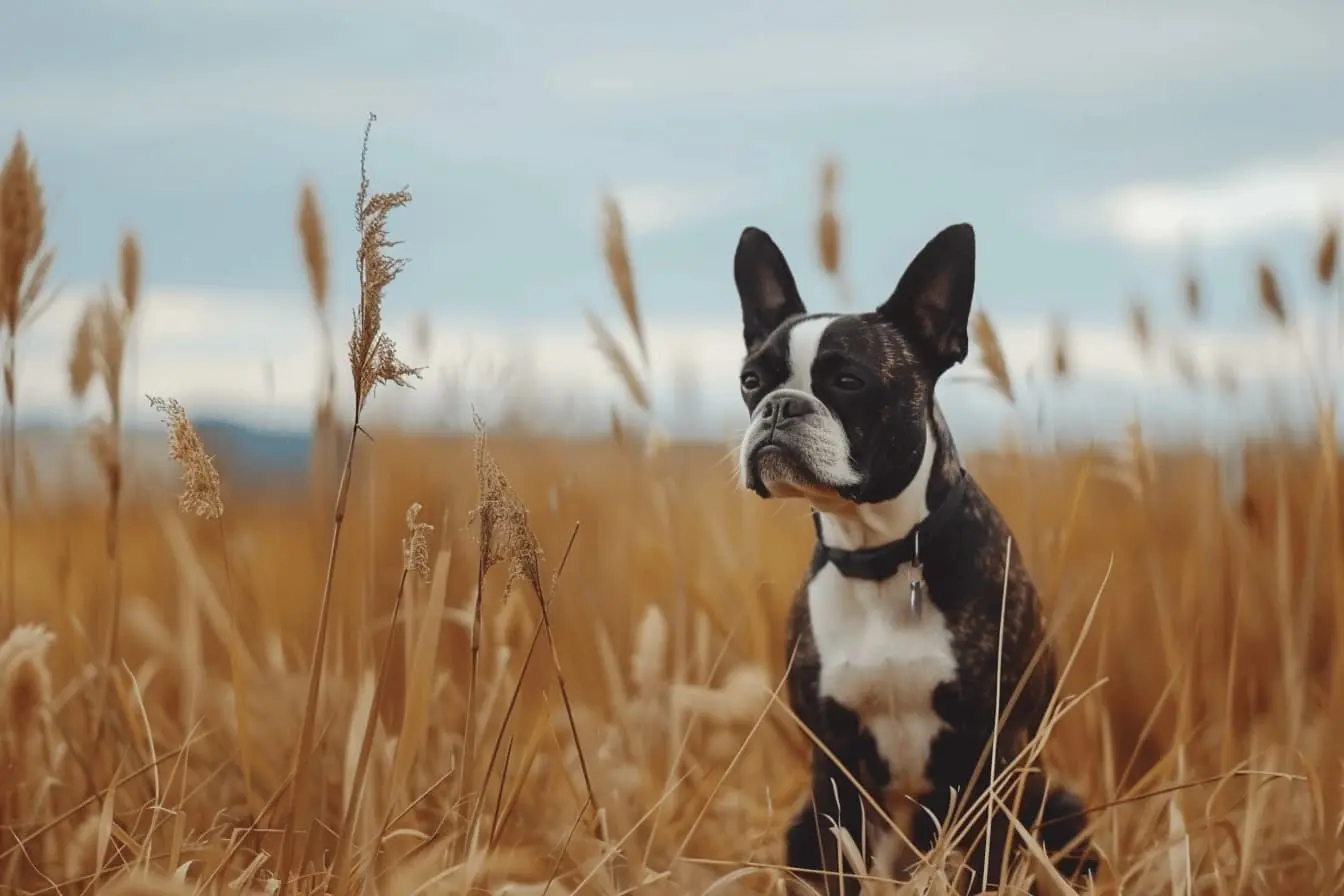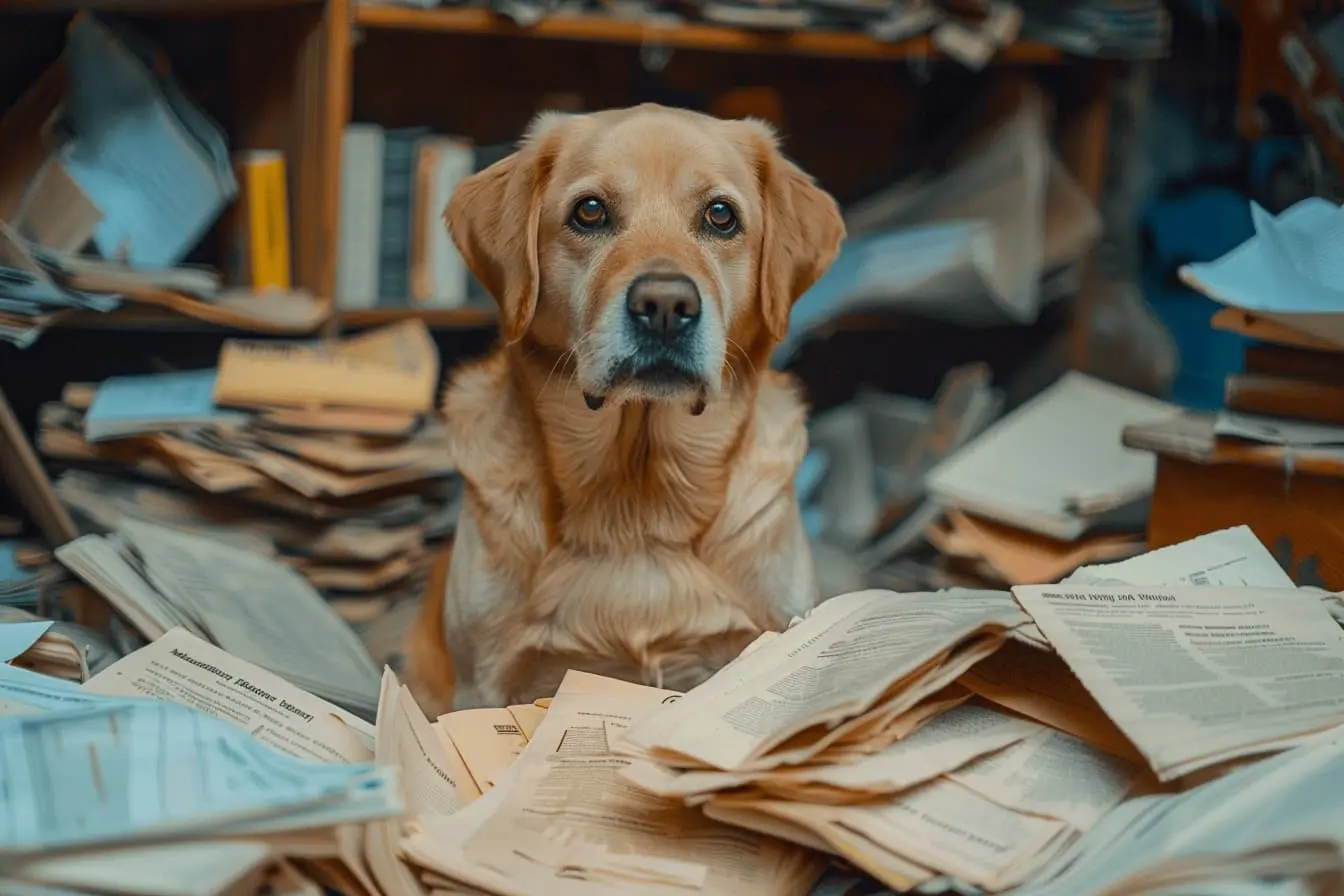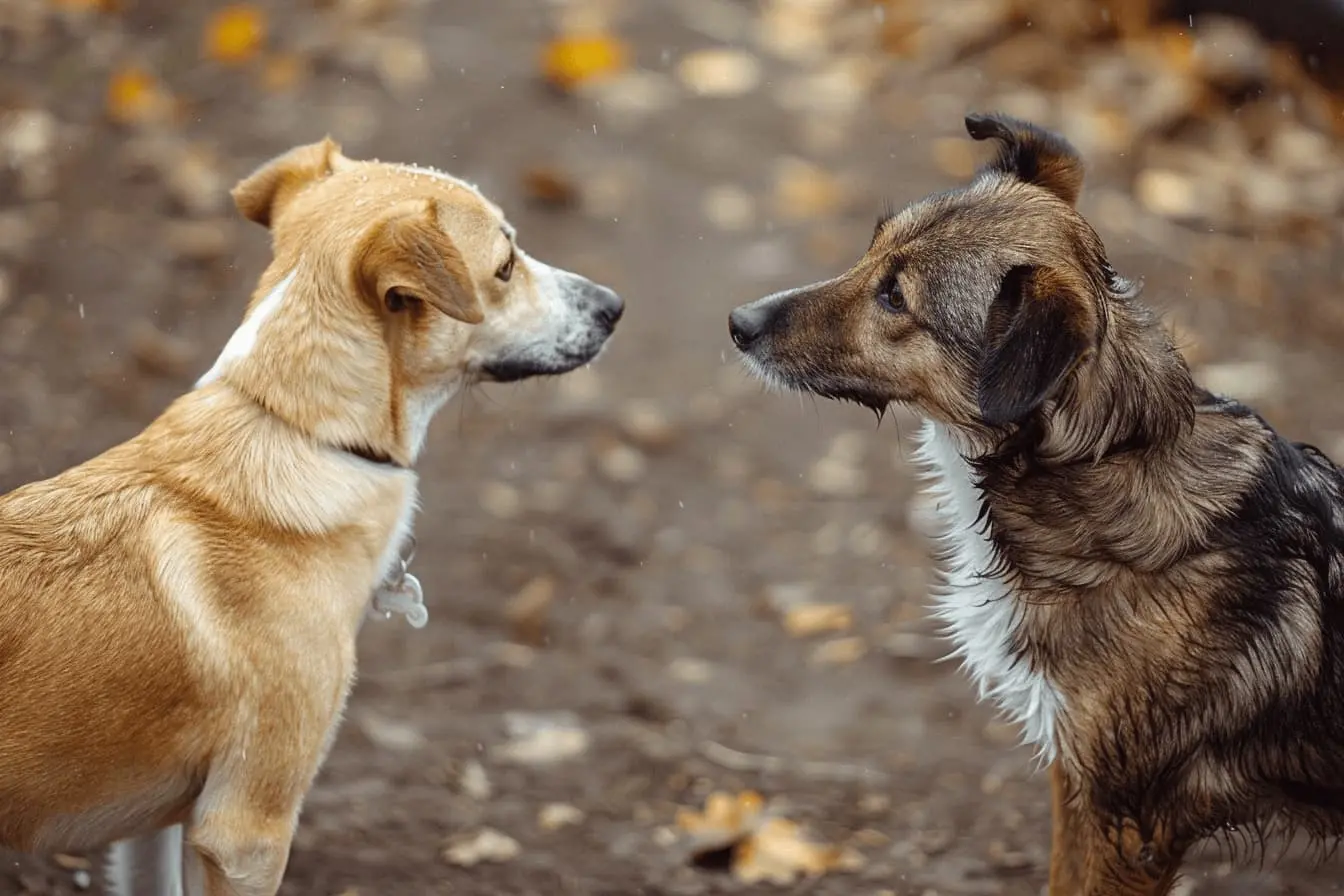
How to Socialise Your New Dog: A Guide for Pet Owners
Welcoming a new dog into your home is an exciting journey filled with joy, but it also comes with the responsibility of ensuring your furry friend becomes a well-socialised pet. Socialisation involves exposing your dog to various situations, environments, people, and other animals in a positive manner, crucial for their development and behaviour. Here's a comprehensive guide on how to socialise your new pet effectively.
Understand the Socialisation Window
The prime socialisation period for puppies is between 3 to 14 weeks of age. During this time, puppies are most receptive to new experiences, and positive encounters can set the tone for their future behaviour. If you’ve adopted an older dog, don’t worry—while it might take more time and patience, older dogs can also be successfully socialised.
Start at Home
Begin the socialisation process in a safe and controlled environment—your home. Introduce your dog to different sounds (e.g., washing machines, doorbells, TV), textures (various flooring types, grass, pavement), and everyday household activities. Remember to keep these experiences positive and stress-free.
Gradual Exposure to the Outside World
Once your dog seems comfortable at home and has started their vaccination course, it's time to gently introduce them to the outside world. Start with quiet areas to avoid overwhelming them and gradually move to busier environments. This exposure helps your dog get used to various sights, sounds, and smells.
Socialising with People
It's essential for dogs to feel comfortable around people of all ages, sizes, and appearances. Introduce your dog to a diverse range of people, including children, ensuring all interactions are positive and controlled. Encourage calm and gentle approaches, and use treats and praise to reinforce good behaviour.
Meeting Other Dogs and Animals
Interacting with other dogs is vital for your pet's social skills development. Look for controlled settings like puppy classes or small, organised playgroups. Ensure the other dogs are fully vaccinated and known to be friendly. Observing body language is crucial; not every dog your pet meets will be a match for them. It's also beneficial to expose your dog to other animals they might encounter, such as cats or livestock, ensuring all interactions are safe and supervised.
Visit New Environments
Expose your dog to a variety of environments including parks, pet-friendly cafes, and busy streets. This helps them become adaptable and less likely to react fearfully or aggressively in new situations. Always use a lead in public areas and be mindful of your dog's comfort level, ready to retreat if they seem stressed.
Training Classes
Enrolling in puppy or dog training classes is an excellent way to socialise your pet in a structured environment. These classes not only help with basic obedience but also allow your dog to interact with other dogs and people under professional supervision. Look for reputable trainers or classes recommended by the Kennel Club.
Socialisation Throughout Life
Socialisation is not just for puppies; it’s a lifelong process. Continue to expose your dog to new experiences, people, and animals throughout their life to maintain their social skills and adaptability.
Be Patient and Positive
Every dog is unique, and some may take longer to socialise than others. Always approach socialisation with patience and positivity, using treats and praise to encourage your dog. Avoid forcing your dog into situations they find distressing, as this can lead to negative associations.
Final Thoughts
Socialising your dog is a fundamental aspect of pet ownership, laying the foundation for a well-adjusted, confident, and happy companion. By following these guidelines, you'll be well on your way to raising a dog that is comfortable and well-behaved in a variety of situations. Remember, the goal of socialisation is to ensure your pet's experiences in the world are as positive and enriching as possible. Happy socialising!
Vets near you
Speciality vets
- Aquatics vet specialists
- Birds vet specialists
- Camelids vet specialists
- Cats vet specialists
- Cattle vet specialists
- Deer vet specialists
- Dogs vet specialists
- Equines vet specialists
- Exotic vet specialists
- Goats vet specialists
- Pigs vet specialists
- Poultry vet specialists
- Sheep vet specialists
- Small Mammals vet specialists
- Wild vet specialists
Vet facilities
- Accessible by public transport
- Blood testing
- Car park nearby
- Client car park
- Dentistry
- Diagnostic imaging
- Disabled public access
- Flea and worm treatments
- Microchipping
- Mobile services
- Neutering
- Open at weekends
- Out-of-hours service
- Referral interests
- Referrals only
- Street parking outside
- Toilets available
- Vaccinations
